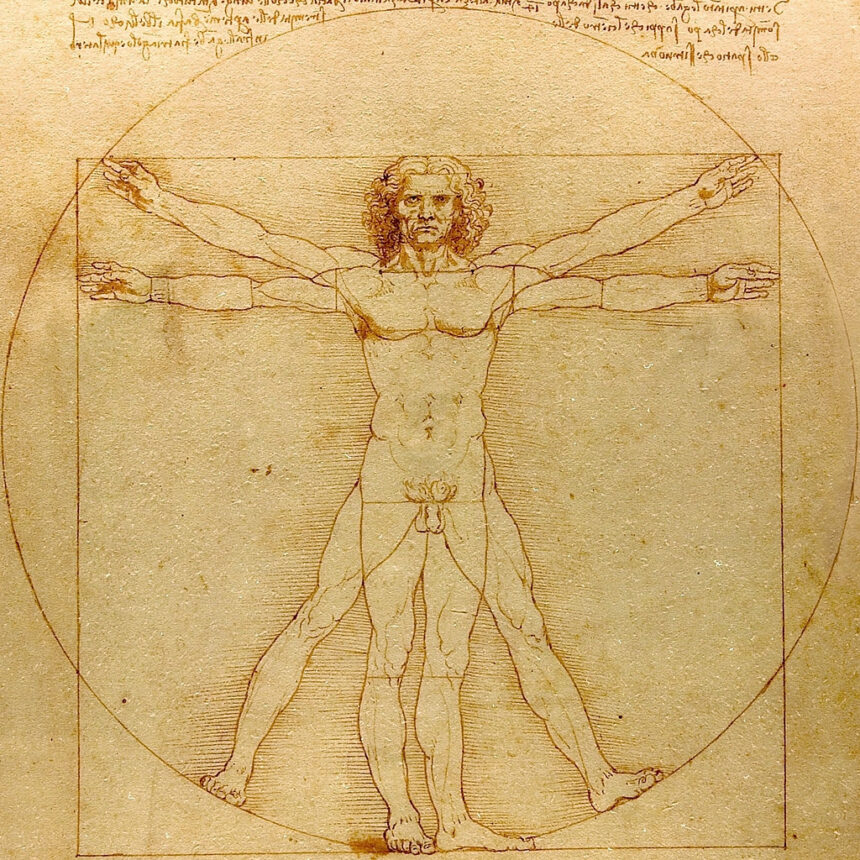“See one. Do one. Teach one.” This is the proverbial mantra of surgical education. No one could ever be certain how many times we have heard this phrase while immersing ourselves into the world of medicine as students, trainees and practicing physicians. While oversimplified, this powerful adage nods toward the curiosity, practicality and passion we all share as medical professionals. My experience with this adage holds true, yet I feel compelled to add another pearl, almost a suffix: “Have one.”
On any given day, we interact with a seemingly limitless number of patients, both intricate and straightforward. Within urology, the particularly prevalent malady of kidney stones strikes unwittingly almost daily. Patients of all faiths, orientations and sizes can be struck with acute renal colic at any time or place. This frequency helps to build a particularly strong familiarity and comfort with the mechanics of managing and treating stones — rendering stones quite the repetitive and unvaried procedure amongst us urologists.
From interpreting imaging and planning treatment to determining future management and prevention, we become masters of nephrolithiasis in our residency training. While no two stones are alike, every encounter offers an opportunity to implement a small taste of the “See One. Do One. Teach One” mentality and adage. Through repetition and mentorship, residency allows for a progression in recognition, understanding and treatment skills subsequently passed along from senior residents and colleagues to interns and junior residents.
Notwithstanding, these three facets fail to impart an integral ingredient of good physicians, mentors and humans — empathy — a crucial characteristic often lost in the toils of residency. As a provider in today’s healthcare environment, empathy is constantly tested, especially in exhausting clinical situations, late afternoon consultations or seemingly trivial and omnipresent complaints. I am also guilty of thinking ahead from a patient encounter or procedure, and I have realized that empathy must be fostered and nurtured.
Experiencing a malady within the realm of my own specialty afforded me the opportunity to gain invaluable perspective and empathy for my patients. This experience reminded me that we must empathize with our patients, regardless of their presenting issue, situation or prognosis.
Perhaps any clinician’s worst nightmare is a medical problem within your own field of expertise. An ailment that you are trained to manage and called upon to resolve has struck your own body. I felt confident, as an insider, aware of the management and treatment that awaited me. Yet, I also felt frightened, perturbed and numb, experiencing it from the patient’s vantage point for the first time.
The foundation of our preferences and care is molded while we are students and residents but continues to take shape through practice. While we learn to expound on the intricacies and mechanics of our specialty, we cannot as readily empathize with patients until we can adopt their perspective. Experiencing the role of the patient is humbling and impactful, better preparing us as physicians to offer healing in moments of fear, pain or uncertainty. Adding “Have One” as the fourth step of my learning has effectively allowed me to forge a deeper, sincere understanding and empathy with patients.
Image credit: Now your song is on repeat and I’m dancing on to your heartbeat by dullhunk is licensed under CC BY 2.0.


